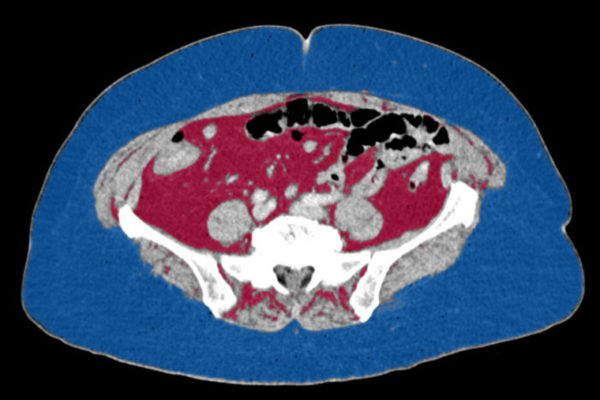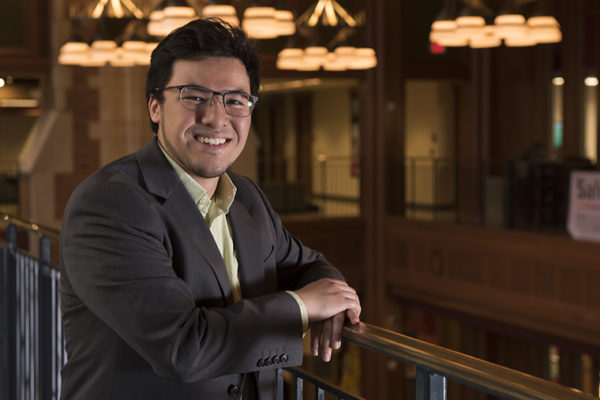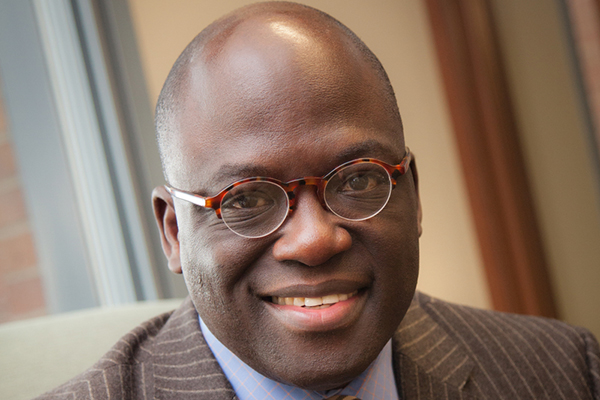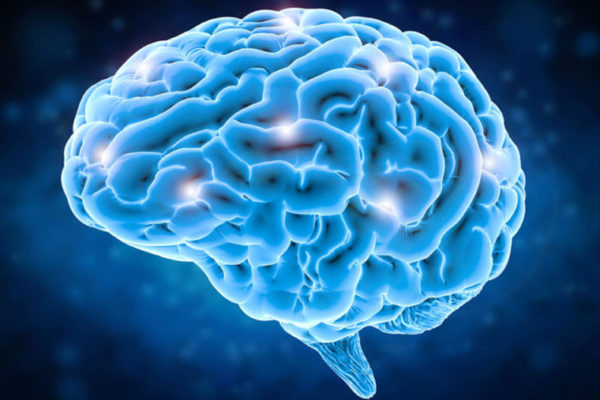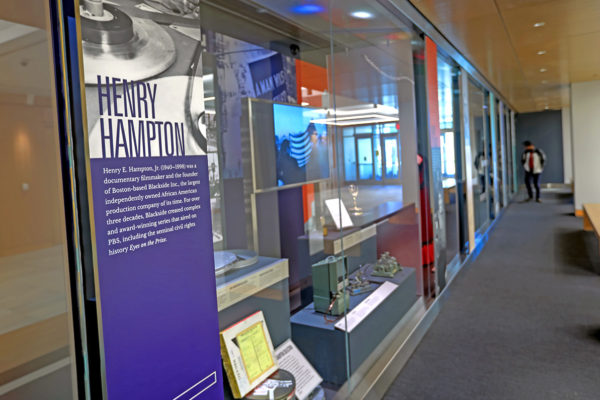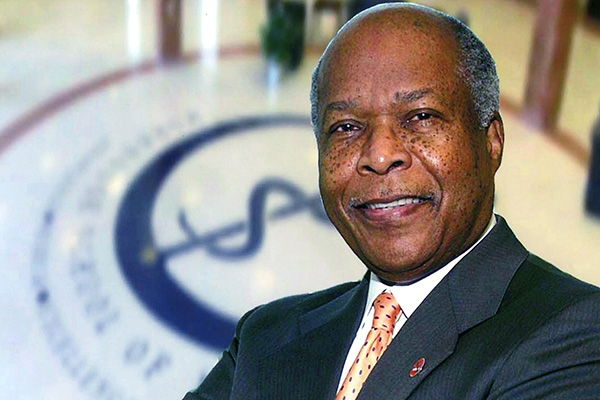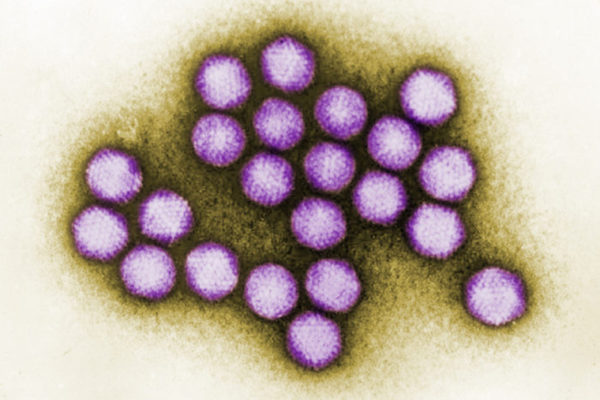For women with kidney cancer, belly fat matters
Belly fat affects the odds of women surviving kidney cancer but not men, according to a new study by researchers at Washington University School of Medicine in St. Louis.
Washington People: Rebecca Messbarger
The history of medicine is “embedded in the DNA of contemporary medical science and medical practice,” said Rebecca Messbarger, director of medical humanities in Arts & Sciences. In this video, Messbarger discusses the importance of medical humanities as well as her own research into the life and work of Anna Morandi Manzolini, one of the most important anatomists of the European Enlightenment.
Islam Awareness Week aims to deepen understanding
Ishak Hossain, president of the Muslim Student Association, is used to being the only Muslim in the room. He knows his friends have questions. This week, he hopes to answer them and help students deepen their understanding of his religion with the annual Islam Awareness Week.
Benjamin Akande to lead Africa initiative at Washington University
With an eye toward strengthening and expanding Washington University’s efforts in Africa, Chancellor Mark S. Wrighton has appointed Benjamin Akande as senior adviser to the chancellor and director of the Africa initiative. Akande, a Nigerian-born American, has built a career on research, teaching and learning with a unique passion for a life-changing political economy across Africa.
Young Hispanic men may face greatest risk from police shootings, study finds
The police shooting earlier this month of Stephon Clark in his grandmother’s Sacramento backyard has renewed protests over officer-involved deaths of unarmed black men, but research led by Washington University in St. Louis suggests young Hispanic men may face an even greater risk of being killed by police, especially in mixed-income neighborhoods with large Latino populations.
Slow, steady waves keep brain humming
Very slow brain waves may be more important than anyone had realized. Researchers at the School of Medicine have found that very slow waves are directly linked to state of consciousness and may be involved in coordinating activity across distant brain regions.
Olin Library opens new museum-quality exhibit spaces
The new Thomas Gallery in Olin Library at Washington University in St. Louis unveiled this week its debut exhibition — “Lasting Legacies,” a tribute to noted alumni. The exhibit is the first of many to showcase University Libraries’ Department of Special Collections, which is among academia’s largest and most diverse.
Drugmakers engage in ‘co-opetition’ through drug middlemen
Consumers can pretty easily discern how automobile manufacturers and their suppliers make money, for example. But fewer understand how their $20 co-pay for anti-cholesterol medication gets split between the drugmaker, the insurance company and the pharmacy benefit manager. New research from Olin Business School aims to explain.
Former health secretary to discuss strategies for achieving health-care equity
Louis W. Sullivan, MD, former U.S. Health and Human Services secretary, will deliver the Brown School’s annual Youngdahl Lecture at Washington University in St. Louis at 6 p.m. Thursday, April 5, in Hillman Hall.
CRISPR enhances gene therapy to fight inherited diseases
School of Medicine scientists have combined the gene-editing tool CRISPR with a deactivated virus to deliver a healthy gene to a precise location in the bodies of living mice. And more importantly, the researchers demonstrated that the inserted gene remained properly activated in mice for at least six months.
View More Stories
